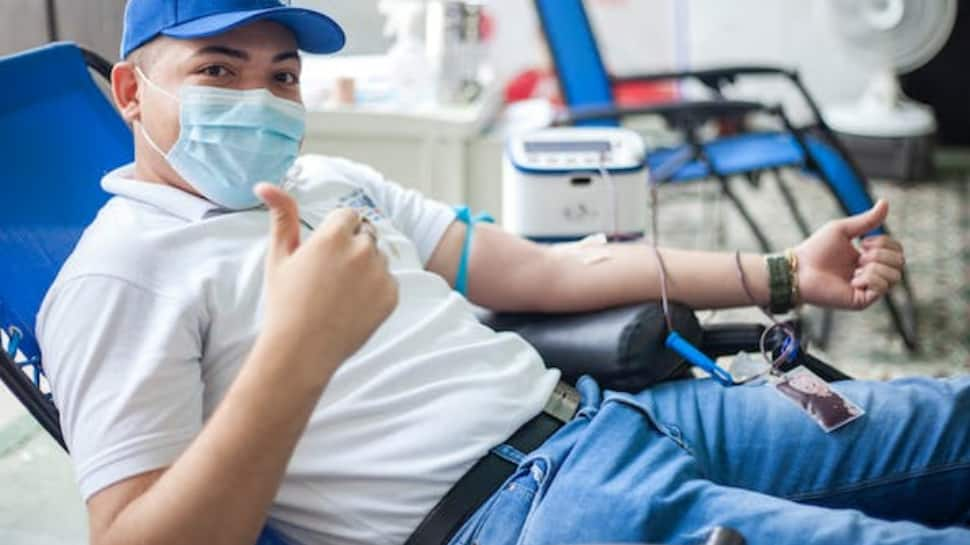Blood donation is a vital act of altruism and compassion, a lifeline for countless individuals in need. Every drop of donated blood has the potential to save lives during emergencies, surgeries, or chronic illnesses, emphasizing the importance of regular contributions from willing donors.
In our exclusive interview with Zee News English, Dr C Shivaram, Consultant & Head of Transfusion Medicine at Manipal Hospital Old Airport Road, Bengaluru delved into the pressing issue of blood requirements in India and how the nation is grappling to bridge the gap between needs and availability.
Dr Shivaram set the stage by referring to the World Health Organization’s recommendation that, “1% of a population should actively engage in blood donation to meet a country’s demands. Applying this guideline to India’s vast population of 1.4 billion, it becomes evident that a staggering 14 million units of blood are needed to meet our country’s requirements. Astoundingly, this aligns with the figures presented by the National Blood Transfusion Council (NBTC), highlighting the scale of the challenge.”
Dr Shivaram says, “While we might be meeting our blood needs with the help of relative donors, a significant gap persists.” He emphasized the critical role voluntary donors play, highlighting that one won’t receive blood in times of illness if they haven’t contributed while they were healthy. However, rallying 1% of the population to donate blood consistently has proven to be a daunting task.
Dr. Shivaram shed light on the regional variations in blood demand, emphasizing that it’s notably high in major cities where complex medical procedures such as transplants and cancer treatments are prevalent. For instance, big multispecialty hospitals require a substantial amount of blood per bed each year, emphasizing the need for a stable and sufficient blood supply.
Moving on, our conversation touched upon the cultural and medical factors that deter potential blood donors. While India has made strides in increasing the proportion of voluntary donors, societal challenges like poverty, illiteracy, and misconceptions continue to deter individuals from contributing. On the medical front, anemia and specific health conditions pose eligibility hurdles, reducing the pool of potential donors.
Nevertheless, Dr Shivaram remained optimistic about India’s potential, revealing that “approximately 45 crore people in the country are fit to donate blood. His message was clear and powerful—blood donation is a priceless gift that can save lives. He urged individuals to act today, as procrastination could cost lives tomorrow. He reminded us that what truly saves lives in an emergency is the blood on the shelf, not the blood within us, driving home the importance of voluntary blood donation.”
In conclusion, Dr Shivaram’s insights underscore the urgent need for a collective effort to bolster voluntary blood donation in India. The power to save lives lies within each of us, and it’s crucial to act without delay, ensuring a steady and adequate supply of blood for those in need.


